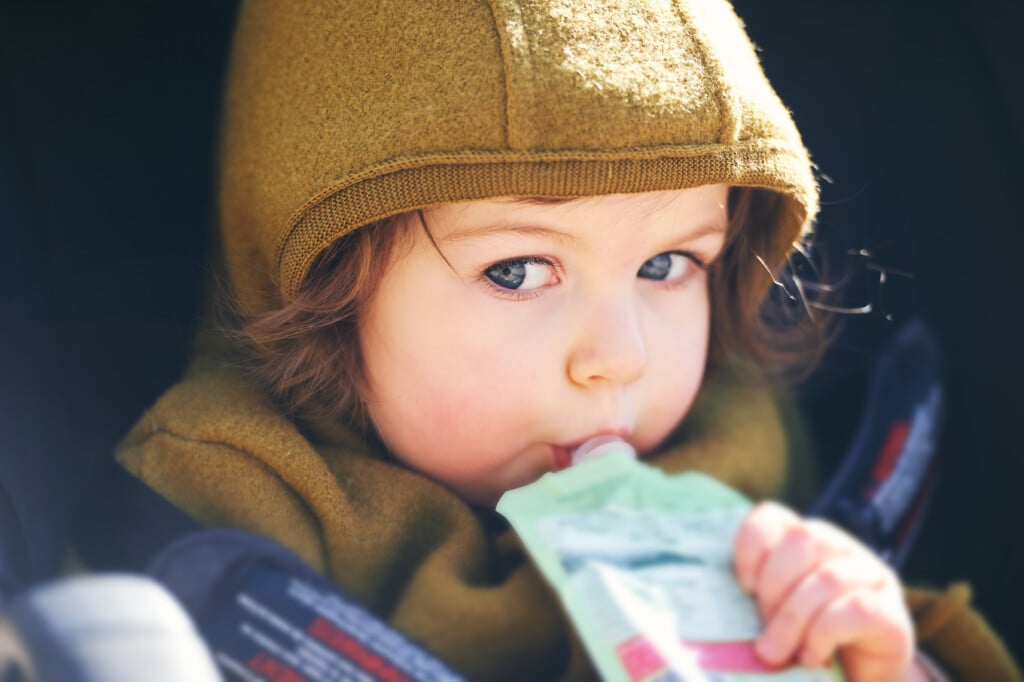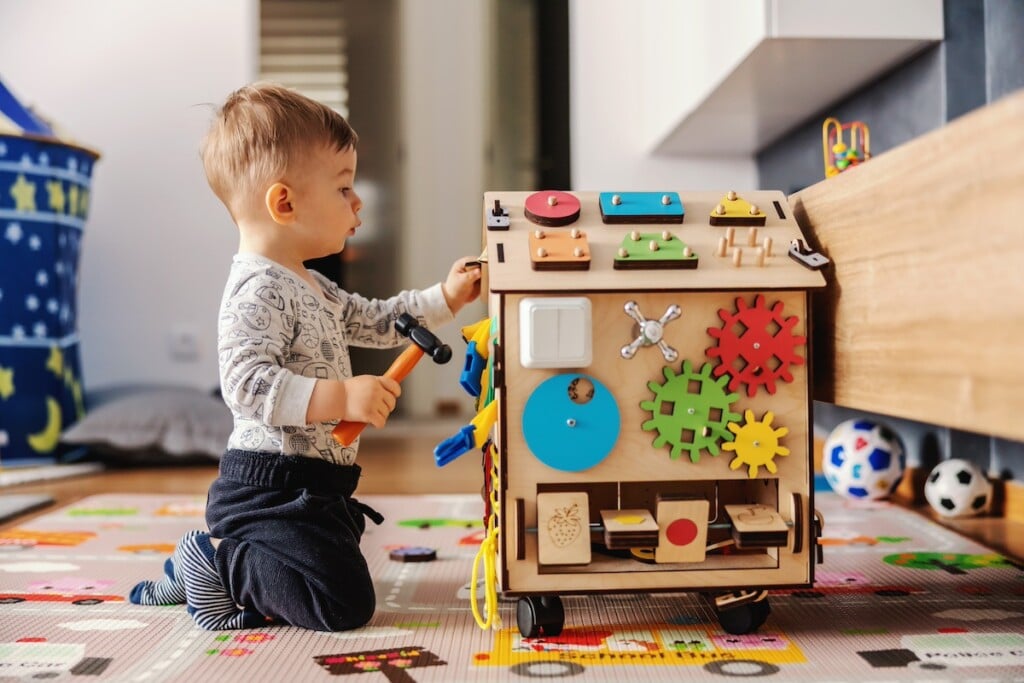Don’t Worry, But Don’t Wait: A Few Signs to Keep an Eye on in Your Baby’s First Year

You’ve probably heard that babies grow and learn at their own pace—and that’s true. But it’s also true that there are certain skills most babies can do by certain ages. These are called developmental milestones, and they give us helpful clues about how a baby is growing.
It’s just as important to notice when a baby isn’t meeting those milestones. Maybe your baby isn’t making eye contact yet or isn’t reaching for toys like other babies you’ve seen. You might wonder, “Is this normal?”—and then second-guess yourself for even asking.
But here’s something every parent should know: Your instincts are important. If something feels off, it’s OK to ask questions. In fact, it’s better to speak up early. The sooner a concern is noticed, the sooner your child can get the support they might need.
The good news? You don’t need to worry—but you also don’t need to wait. This guide will walk you through some early signs to watch for in your baby’s first year and help you know what to do if something doesn’t seem quite right.
Why the First Year Matters
Your baby’s brain is growing faster during the first year than at any other time in life. It is when they begin to build the foundations for movement, speech and language, problem-solving, and relationships. That’s why spotting possible concerns early can make such a big difference. Simple steps now can lead to better progress later.
Developmental Red Flags: A Few Things to Watch For
By 1 to 3 Months
- Doesn’t respond to loud noises
- Doesn’t smile at the sound of your voice
- Doesn’t follow things with their eyes
- Cannot support head well
- Doesn’t bring objects to mouth
By 4 to 6 Months
- Doesn’t show interest in people or smile
- Doesn’t babble or make vowel sounds like “ah” or “oh”
- Cannot roll over (4-5 months)
- Their body feels either very stiff or very floppy
- Doesn’t actively reach for toys
- Doesn’t push up with their arms during tummy time
By 7 to 9 Months
- Doesn’t respond to their name
- Doesn’t sit up with help
- Doesn’t babble with several different sounds
- Shows little interest in games like peek-a-boo
- Favors one side of their body or head
By 10 to 12 Months
- Doesn’t crawl or pull up to stand
- Doesn’t point, wave or use gestures
- Doesn’t say simple words like “mama” or “dada”
- Doesn’t look where you point
- Doesn’t sit without support
- Doesn’t react to tone of voice or familiar words
Missing one skill doesn’t always mean there’s a problem. However, delays in more than one area, or the loss of abilities they once had, are signs to ask for help.
What To Do If You’re Concerned
- Trust your gut. If something feels off, speak up—you know your baby best. Your instincts are a powerful tool in your parenting journey, and they should be trusted and valued. Talk to your doctor and be specific, saying something like, “She doesn’t make eye contact or smile, or her body feels floppy,” instead of “She seems behind.”
- Ask for a developmental screening. Doctors often use tools like the Ages and Stages Questionnaire (ASQ-3) to screen for developmental concerns.
- If you don’t feel like you’ve been heard, consider asking someone else who knows about child development.
What You Can Do at Home
Here are a few simple ways to support your baby’s growth and development:
- Give your baby supervised tummy time every day. They may fuss, but make your goal 30 minutes a day. That can be 10 minutes, three times a day. Put toys or your face in front of them to look at. And, if you lie flat and put them on their tummy on your chest, that counts, too!
- Talk, sing, and smile—your face and voice are powerful tools. Be sure to make eye contact with them when you’re talking, singing and smiling. Take turns: When they coo, wait until they finish, then respond, just as you would in a conversation.
- Play simple games like peek-a-boo or sing nursery rhymes. Even though infants can’t actively participate, they’ll be delighted to watch you.
- Pay attention to what your baby enjoys, and do more of it. Activities like reading, playing music and singing are great options.
From a Grandmother’s Heart: A Personal Story
“When my grandson was about 9 months old, I noticed something small but important—he was babbling but not making some of the sounds expected at that age.
Because I knew he’d been on antibiotics for several months because of back-to-back ear infections, I wondered if he might not be hearing everything clearly.
I suggested his parents ask for a tympanogram at his next checkup. (This is a simple test that checks for inner ear fluid behind the eardrum, common during and after an ear infection.) He ended up failing the test. When he went to the ENT specialist, the doctor said it looked like ‘glue; in his ears, and he was not hearing everything. He had ear tubes placed, and suddenly, everything changed. Once he could hear clearly, he started making the missing sounds.
He did need a little speech therapy later, but because it was caught early, he made quick progress. If we had waited longer, he would have missed more sounds during a critical time for speech development—and the delay could have been much worse.”
Final Thoughts: You’re Not Alone
Hearing the words “developmental delay” can feel scary, but early help is one of the best gifts you can give your baby. It doesn’t mean something is wrong. It means you’re learning what your baby needs to grow and thrive. Remember, you’re not alone on this journey. There are people and programs ready to support your family every step of the way.
 Lesley Gudgel is a local child development professional with over 35 years’ experience. A grandmother, Lesley combines expert guidance with heartfelt care to help families understand and support their children’s development. Through Next Step Child Development, Lesley provides developmental screening, early intervention support, guidance and reassurance to parents. nextstepchilddevelopment.com
Lesley Gudgel is a local child development professional with over 35 years’ experience. A grandmother, Lesley combines expert guidance with heartfelt care to help families understand and support their children’s development. Through Next Step Child Development, Lesley provides developmental screening, early intervention support, guidance and reassurance to parents. nextstepchilddevelopment.com



